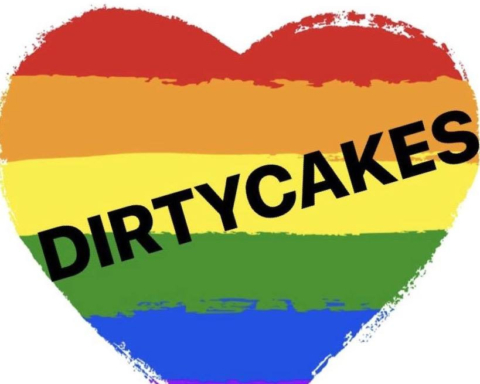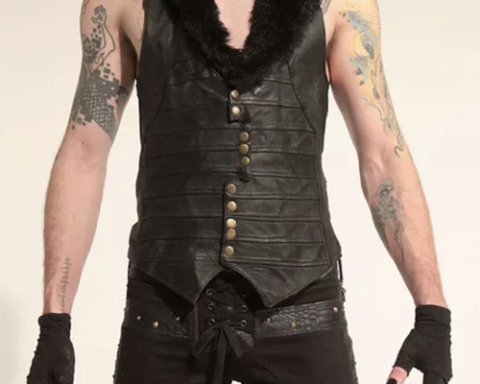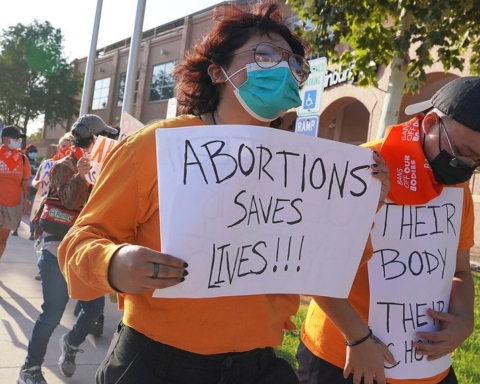Los Angeles County public health officials and LGBT
advocates are urging gay and bisexual men to get meningitis vaccinations, citing a recent outbreak of potentially deadly meningococcal disease that is disproportionately affecting men who have sex with men.
There have been 17 confirmed cases of invasive meningococcal disease confirmed in the county so far this year, including 12 in the last two months, Jeffrey Gunzenhauser, the interim director of the L.A. County Department of Public Health, said Thursday.
Eight have been among gay or bisexual men, including seven within the last two months, he said.
“In L.A. County, since May, the number of these infections among men, most of whom have identified themselves as gay or bisexual, is substantially more than we would normally expect during this time of the year,” Gunzenhauser said at a news conference at the Los Angeles LGBT Center. “This is of great concern.”
Opponents sue to stop California’s vaccination law
There are an estimated 300,000 self-identified gay or bisexual men among L.A. County’s more than 10 million residents, Gunzenhauser said. The reason for the high proportion of cases among men who have sex with men is unknown, he said.
At least one man with meningococcal disease has died this year in Orange County, public health officials announced last month. Five people there have been diagnosed since the beginning of the year, and two, including the man who died, within the last two months, said Rachel Selleck, a spokeswoman for the county’s health care agency.
No deaths have been reported in Los Angeles County, officials said.
The L.A. County health department is providing free vaccinations for patients, regardless of whether they have health insurance. The AIDS Healthcare Foundation and the Los Angeles LGBT Center also are offering free vaccinations.
“We think the message should be simple: If you are a gay or bisexual man or a transgender woman, you should receive the meningococcal vaccine,” said Robert Bolan, medical director for the L.A. LGBT Center.
“I want us to be busy,” Bolan added. “I want the doors to be bursting at the seams. I want people to come in and be vaccinated now. Please do this. It’s important.”
Invasive meningococcal disease is caused by the bacterium Neisseria meningitidis, which can affect the bloodstream and lead to meningitis. Infections progress rapidly and can cause brain damage, hearing loss, loss of limbs and death, Gunzenhauser said.
Meningococcal disease is spread through direct contact with saliva, through activities including sneezing or coughing, sharing beverage containers and cigarettes, and kissing, county health officials said.
Symptoms usually begin within a few days of exposure and can include fever, vomiting, sever headache, stiff neck, confusion, a rash and muscle pain.
As of Thursday, there were no known social linkages among the meningococcal disease reported in Los Angeles County or neighboring jurisdictions, Gunzenhauser said.
The 17 meningococcal disease cases in L.A. County include five in the city of Long Beach, which has its own health department, said John Holguin, the city’s epidemiologist supervisor. Pasadena, which also has its own health department, had no reported cases, officials said.
Though the weakened immune systems of people who are HIV-positive might make them more susceptible to meningococcal disease, only one of L.A. County’s 17 cases is in a person known to be HIV-positive, said Benjamin Schwartz, deputy chief of the L.A. County Acute Communicable Disease Control Program.
The county is recommending that all gay or bisexual men who have had multiple sexual partners or who seek sexual partners through online dating apps like Grindr get vaccinated, as well as all people who are HIV-positive.
Some of the infected people in L.A. County said they had used online dating apps, Gunzenhauser said.






